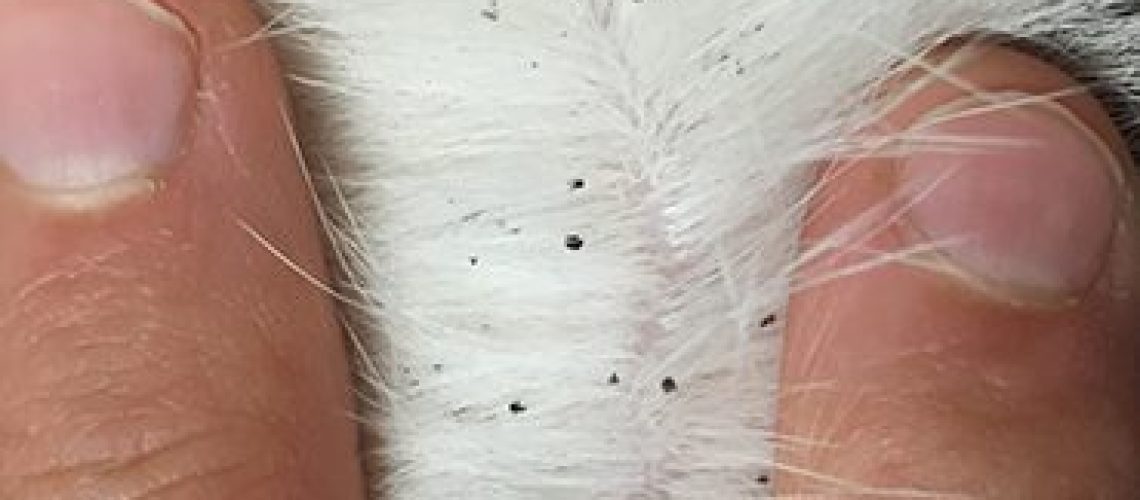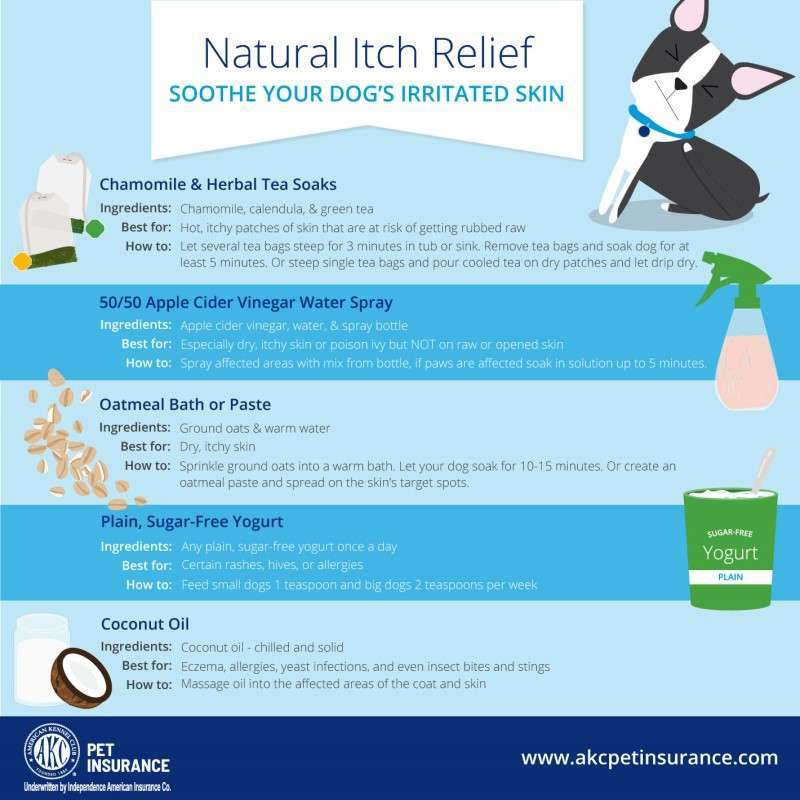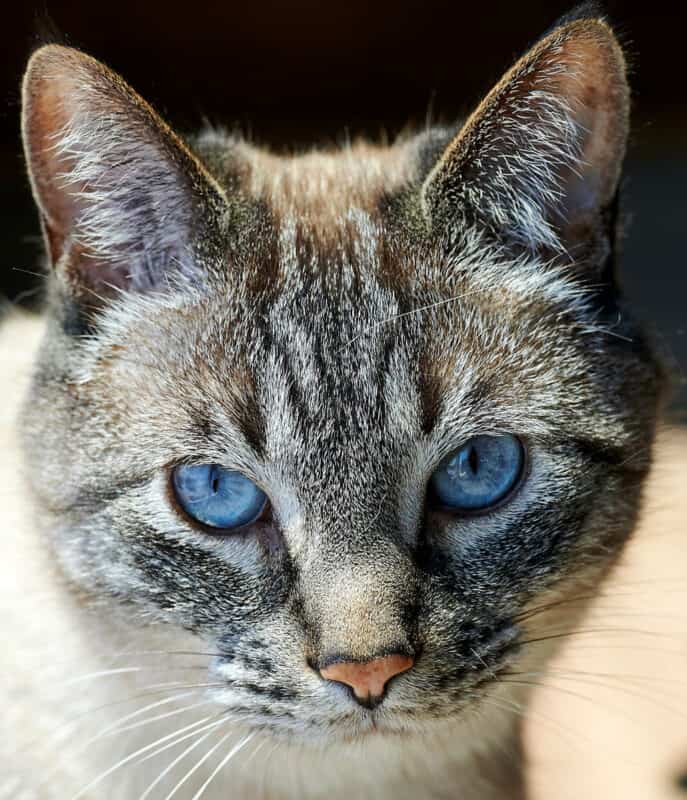Do you have a furry feline friend who seems to be constantly suffering from dry, itchy skin? If so, you're not alone. Dry skin dilemmas in cats are more common than you might think, and understanding this topic is essential for providing your beloved pet with the care they deserve. By delving into the world of dry skin in cats, you can uncover valuable insights that will help alleviate their discomfort and improve their overall well-being. In fact, did you know that approximately 10% of cats experience some form of dry skin issue at some point in their lives? So, if you're ready to learn how to keep your cat's coat soft and moisturized, join us as we explore the fascinating world of dry skin dilemmas in cats. Get ready to become a pro at pampering your feline companion!
Key Takeaways:
- Dry skin in cats can be caused by various factors, including allergies, parasites, and environmental conditions.
- Regular grooming and moisturizing can help alleviate dry skin in cats.
- A balanced diet with essential fatty acids is crucial for maintaining healthy skin in cats.
- Consulting a veterinarian is important to determine the underlying cause of dry skin and to receive appropriate treatment.
- Avoid using human skincare products on cats, as they can be toxic and harmful to their skin.
Causes and Commonness of Dry Skin in Cats
Dry skin in cats can be caused by a variety of factors. One common cause is a lack of moisture in the air, especially during the winter months when the air tends to be drier. Another cause can be allergies, either to certain foods or environmental irritants like pollen or dust mites. Some cats may also have underlying health conditions that contribute to dry skin, such as hypothyroidism or kidney disease.
Dry skin is quite common in cats, especially as they get older. It can affect cats of all breeds and sizes. However, certain breeds may be more prone to dry skin than others. For example, hairless breeds like the Sphynx are more susceptible to dry skin due to their lack of fur protection. Additionally, breeds with long and dense coats, such as Persians or Maine Coons, may also experience dry skin if their fur becomes matted or tangled and prevents proper air circulation.
Signs of Dry Skin in Cats: How to Tell if Your Cat is Affected
It's important for cat owners to recognize the signs of dry skin so they can provide appropriate care for their furry friends. One common sign is excessive itching or scratching. If you notice your cat constantly licking or biting at their skin, it could be a sign that their skin is dry and irritated.
Another sign of dry skin is flakiness or dandruff on your cat's fur. You may notice small white flakes on your cat's coat or furniture where they spend time grooming themselves. In severe cases, the skin may become red and inflamed.
If you're unsure whether your cat has dry skin, you can perform a simple test by gently parting their fur and inspecting their skin underneath. Healthy skin should be supple and moisturized, while dry skin may appear rough or scaly.
Breeds Prone to Dry Skin in Cats: Which Ones and Why?
While dry skin can affect cats of all breeds, certain breeds may be more prone to this condition. Hairless breeds like the Sphynx are particularly susceptible to dry skin due to their lack of fur. Without fur acting as a natural barrier, their skin is more exposed to environmental factors that can cause dryness.
Breeds with long and dense coats, such as Persians or Maine Coons, may also experience dry skin if their fur becomes matted or tangled. These mats can prevent proper air circulation and trap moisture against the skin, leading to dryness and irritation.
Additionally, some breeds have genetic predispositions to certain health conditions that can contribute to dry skin. For example, Siamese cats are more prone to developing allergies, which can manifest as dry and itchy skin.
Environmental Factors that Can Cause Dry Skin in Cats
The environment plays a significant role in causing dry skin in cats. One common factor is low humidity levels. During the winter months when heating systems are running constantly, the air inside our homes tends to become drier. This lack of moisture in the air can lead to dehydration of your cat's skin.
Other environmental factors include exposure to allergens such as pollen or dust mites. Just like humans, cats can develop allergies that cause their skin to become dry and itchy. Certain cleaning products or even the type of litter you use for your cat's litter box can also irritate their sensitive skin.
Outdoor factors like extreme temperatures or excessive sun exposure can also contribute to dryness in your cat's skin. It's important to provide proper shelter and shade for your cat to protect them from these environmental stressors.
Home Remedies and Over-the-Counter Treatments for Dry Skin in Cats
If your cat has dry skin, there are some home remedies and over-the-counter treatments that you can try to alleviate their discomfort. One simple remedy is to increase the humidity in your home. You can use a humidifier or place bowls of water near radiators or heating vents to add moisture to the air.
Gentle grooming can also help improve your cat's dry skin. Regular brushing helps remove dead skin cells and stimulates oil production, which moisturizes the skin. Be sure to use a brush appropriate for your cat's fur type, as some brushes may be too harsh and cause further irritation.
There are also over-the-counter products specifically designed to treat dry skin in cats. These include moisturizing shampoos or sprays that help hydrate the skin and relieve itching. However, it's important to consult with your veterinarian before using any new products on your cat, as they can recommend the most suitable options based on your cat's specific needs.
When to Consult a Veterinarian about Your Cat's Dry Skin and Possible Complications
If your cat's dry skin persists despite home remedies or over-the-counter treatments, it may be time to consult with a veterinarian. They can determine the underlying cause of the dryness and recommend more targeted treatments if necessary.
In some cases, dry skin can be a symptom of an underlying health condition that requires medical attention. Conditions like hypothyroidism or kidney disease can affect the overall health of your cat's skin. Additionally, excessive scratching or licking due to dry skin can lead to secondary infections or hot spots, which may require veterinary intervention.
A veterinarian can perform a thorough examination of your cat's skin, conduct any necessary tests, and provide appropriate treatment options to alleviate their dry skin and prevent further complications.
Preventing and Managing Dry Skin in Cats: Grooming and Dietary Tips
Preventing dry skin in cats involves a combination of proper grooming and providing a balanced diet. Regular grooming helps remove dead skin cells and distribute natural oils throughout the coat, keeping the skin moisturized. Use gentle brushes or combs suitable for your cat's fur type to avoid causing any irritation.
A well-balanced diet with essential fatty acids is also crucial for maintaining healthy skin in cats. Omega-3 and omega-6 fatty acids, found in fish oil or specific cat food formulas, help promote healthy skin and coat. Consult with your veterinarian to determine the best dietary options for your cat.
Additionally, ensure that your cat has access to fresh water at all times to prevent dehydration. Proper hydration is essential for maintaining supple and moisturized skin. If you notice your cat isn't drinking enough water, consider using a water fountain or adding wet food to their diet to increase their fluid intake.
In conclusion, dry skin in cats can cause discomfort and itchiness. It is important to provide proper care and nutrition to prevent dry skin dilemmas and keep our feline friends happy and healthy.
What is the problem of cat dry skin?
Dry skin in cats can often be attributed to their diet. To keep their skin and coat healthy, cats require a well-balanced diet rich in omega-3 fatty acids and zinc, as stated by the Cornell Feline Health Center. Therefore, dry skin may be a sign of a nutritional deficiency in their diet.
How do you fix dry skin on a cat?
Make sure to groom your cat daily. Only give your cat a bath when it is necessary. Provide your cat with a nutritious diet that includes the right amounts of fat and protein. If your cat has dry skin, consult with your veterinarian in Fort Wayne who may recommend an omega-3 supplement.
Why does my cat have dry flaky skin and scabs?
Cats can develop scabs and other skin symptoms due to bacterial or fungal infections. Conditions like feline acne or seborrhea can also cause dry, flaky skin and scabs in cats. Additionally, a deficiency in certain nutrients like omega-3 fatty acids in their diet can contribute to dry, itchy skin and scabbing.
What does dermatitis look like on cats?
Feline dermatitis is often characterized by groups of small red bumps or a rash. When cats scratch these irritated areas, it can result in scabs, sores, and areas without fur.
What does miliary dermatitis look like on cats?
If you observe these indications, your cat might have miliary dermatitis or another skin issue, so it is advisable to seek advice from your veterinarian. Look out for red, crusty rashes or pimple-like sores, typically found on the neck, head, flanks, belly, and/or back. Your cat may also exhibit frequent scratching.
Can I put coconut oil on my cats dry skin?
Certain cats may encounter various skin issues throughout their lives, and in certain cases, veterinary care may be necessary. However, when it comes to dry skin or psoriasis, coconut oil can provide relief for any discomfort. To use it as a moisturizer for your cat's skin problems, simply apply a small amount to the affected area once per day.

















